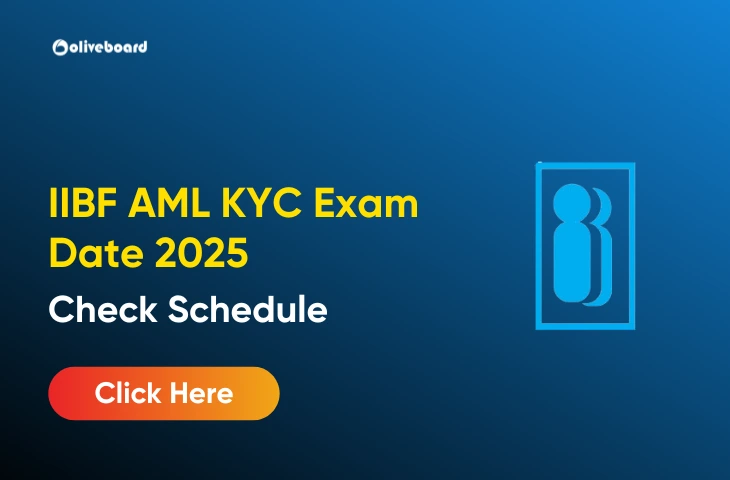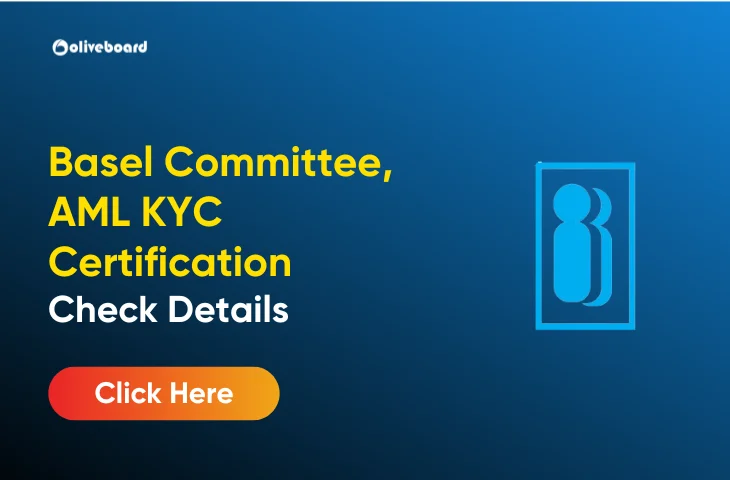Basel Committee
In the world of banking and finance, the Basel Committee plays a important role in creating rules and regulations to help ensure financial stability. These rules are important for protecting the financial system and minimizing risks. A major part of these rules focuses on preventing crimes like money laundering, which is where Anti-Money Laundering (AML) and Know Your Customer (KYC) practices come into play.
What is the Basel Committee?
The Basel Committee on Banking Supervision (BCBS) is an international group of central bank officials and financial regulators. It was created in 1974 to establish global standards for banking regulations. The committee’s goal is to help banks manage risks, maintain capital, and ensure that they are prepared for financial challenges.
Key Goals of the Basel Committee:
- Promote Financial Stability: The Basel Committee creates guidelines that help reduce risks and prevent financial crises.
- Capital Adequacy: Banks must have enough capital to protect themselves in case of losses.
- Transparency: Financial institutions need to disclose their financial situation to the public.
The Basel Committee has developed several frameworks over time, including Basel I, Basel II, and Basel III, each improving the strength of financial regulations. Basel III is the most recent framework, focusing on capital reserves, liquidity, and risk management.
Basel III Features:
- Higher Capital Requirements: Banks need to hold more capital to stay safe during economic difficulties.
- Liquidity Standards: Banks must ensure they have enough liquid assets to meet short-term obligations.
- Leverage Ratio: Prevents banks from taking too much debt compared to their capital.
Basel Committee and Its Connection to AML and KYC
The Basel Committee also emphasizes the importance of fighting financial crimes like money laundering and terrorist financing. AML and KYC are two important tools used by banks to comply with these regulations and maintain a safe financial system.
What is AML?
Anti-Money Laundering (AML) refers to a set of laws and regulations designed to prevent illegal activities like money laundering. Money laundering is the process of making money gained from illegal activities look like it came from legal sources.
AML laws require banks to:
- Monitor transactions for suspicious activity.
- Report suspicious transactions to authorities.
- Perform due diligence to verify the identity and background of customers.
What is KYC?
Know Your Customer (KYC) is the process of identifying and verifying the identity of customers. This helps prevent fraud and money laundering. KYC involves:
- Collecting personal information from customers before they can open an account or conduct transactions.
- Assessing the risk posed by the customer based on their financial behavior.
- Complying with legal requirements for identifying customers.
The Basel Committee emphasizes that banks must adhere to AML and KYC rules to prevent illegal financial activities. Effective AML KYC practices help ensure the integrity of the global financial system.
Why Should You Take an AML KYC Certification Course?
As financial institutions must comply with AML and KYC regulations, professionals in the banking and finance industry benefit from knowing how to apply these rules. An AML KYC Certification Course helps individuals learn about international financial regulations and equips them with the skills to manage risks in their institutions.
Benefits of Taking an AML KYC Certification Course:
- Better Career Opportunities: Certification shows you are an expert in AML and KYC, making you a valuable asset to financial institutions.
- Higher Earning Potential: Certified professionals often earn more, as AML and KYC specialists are in high demand.
- Expanded Knowledge: The course covers key aspects of financial regulations, risk management, and compliance, improving your skill set.
- Regulatory Compliance: With the certification, you can help banks stay compliant with international laws and avoid legal issues.
- Effective Risk Management: The course teaches how to assess and reduce risks related to money laundering and financial crime.
Topics in an AML KYC Certification Course
The AML KYC Certification Course covers important topics that are essential for professionals in finance. Some of the key subjects include:
1. Introduction to AML and KYC
- Overview of AML and KYC practices.
- Why these practices are critical for the banking sector.
- Relevant regulations and laws.
2. Money Laundering Techniques
- Common ways that criminals launder money, such as layering, placement, and integration.
- Global efforts to fight money laundering.
3. Customer Due Diligence (CDD)
- How to verify a customer’s identity and assess their financial behavior.
- Different types of customer risk assessments.
4. Basel Guidelines and International Standards
- Understanding the Basel Committee’s role in creating global standards for AML and KYC.
- How Basel III impacts AML and KYC regulations.
5. Detecting Suspicious Transactions
- How to identify unusual transactions that may indicate money laundering.
- Using technology to track and report suspicious activity.
6. Risk Management in AML and KYC
- A risk-based approach to managing AML and KYC compliance.
- How to develop strategies to reduce financial crime risks.
Who Should Take the AML KYC Certification Course?
The AML KYC Certification Course is ideal for professionals working in or aspiring to work in banking, finance, and compliance. Here are some roles that would benefit from this certification:
| Job Role | Description |
| AML Compliance Officer | Ensures that financial institutions follow AML laws and regulations. |
| KYC Analyst | Verifies customer identities and monitors transactions for suspicious activities. |
| Risk Manager | Identifies and manages risks related to financial crimes. |
| Banking Professionals | Enhances knowledge of regulatory requirements and compliance in banking. |
Conclusion
The Basel Committee plays an important role in shaping global financial regulations, especially when it comes to risk management, compliance, and maintaining financial integrity. AML and KYC are essential practices in fighting financial crimes, and they help ensure that banks and financial institutions operate securely.
Basel Committee – FAQs
Ans. The Basel Committee on Banking Supervision is an international group that sets global banking regulations to promote financial stability.
Ans. Its primary purpose is to establish banking regulations to ensure financial institutions maintain adequate capital and manage risks effectively.
Ans. The Basel Accords are international banking regulations developed by the Basel Committee, including Basel I, Basel II, and Basel III, aimed at strengthening financial systems.
Ans. Basel III is a set of global banking regulations that focus on improving the financial resilience of banks through higher capital requirements and better risk management practices.
The Basel Committee influences global banking standards by setting guidelines that help financial institutions manage risks, ensure liquidity, and maintain capital adequacy.
Basel III includes higher capital requirements, liquidity standards, and leverage ratios to ensure banks can handle financial crises.
- Legislation Against Money Laundering, AML KYC Certification

- IIBF AML KYC Exam Date 2025, Check Schedule

- IIBF AML KYC Certification, Check Complete Details and Benefits

- IIBF AML KYC Syllabus 2025, Check Exam Pattern

- Basel Committee, AML KYC Certification Course

- International Cooperation of Money Laundering, KYC AML


Hello there! I’m a dedicated Government Job aspirant turned passionate writer & content marketer. My blogs are a one-stop destination for accurate and comprehensive information on exams like Regulatory Bodies, Banking, SSC, State PSCs, and more. I’m on a mission to provide you with all the details you need, conveniently in one place. When I’m not writing and marketing, you’ll find me happily experimenting in the kitchen, cooking up delightful treats. Join me on this journey of knowledge and flavors!